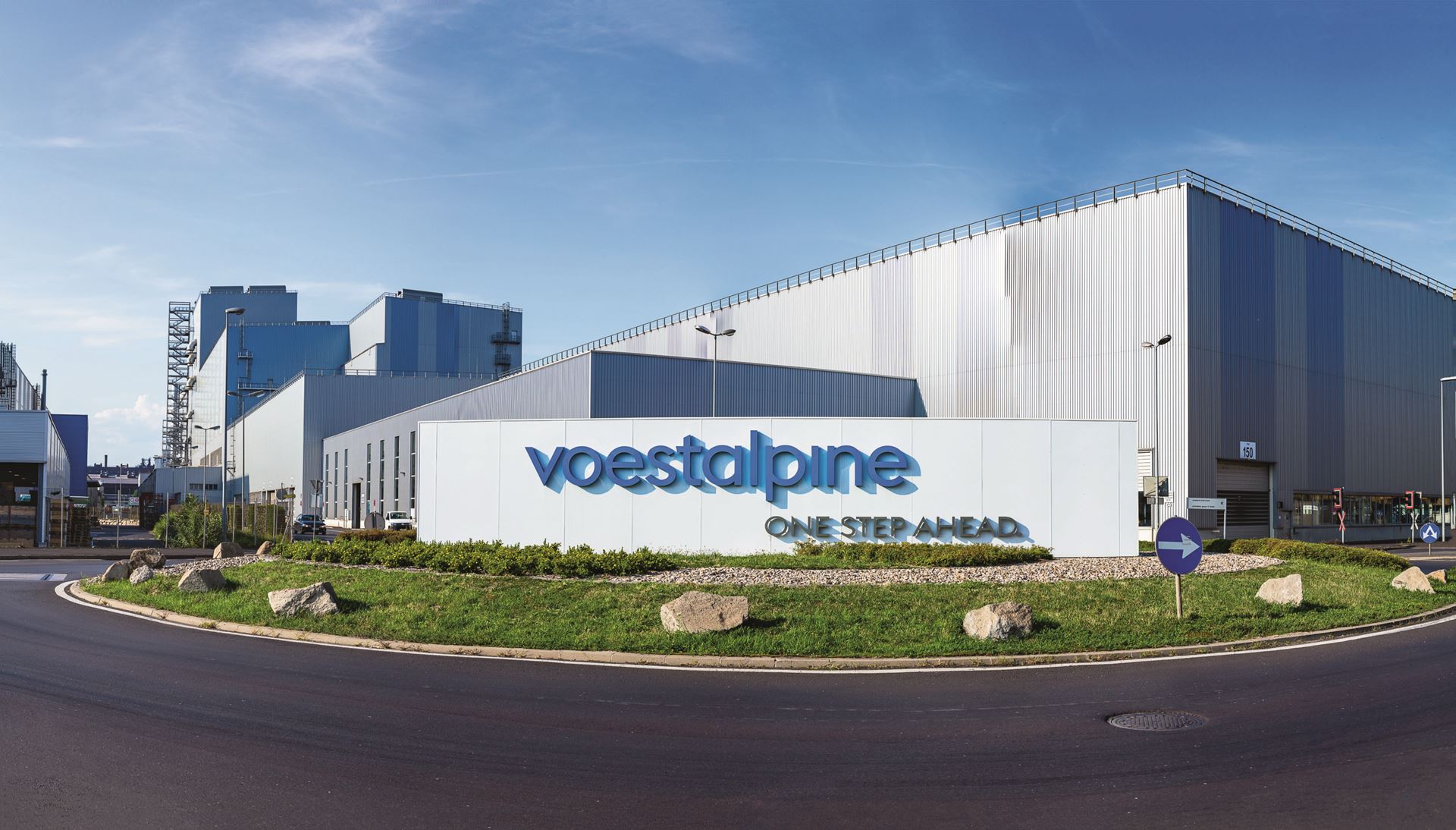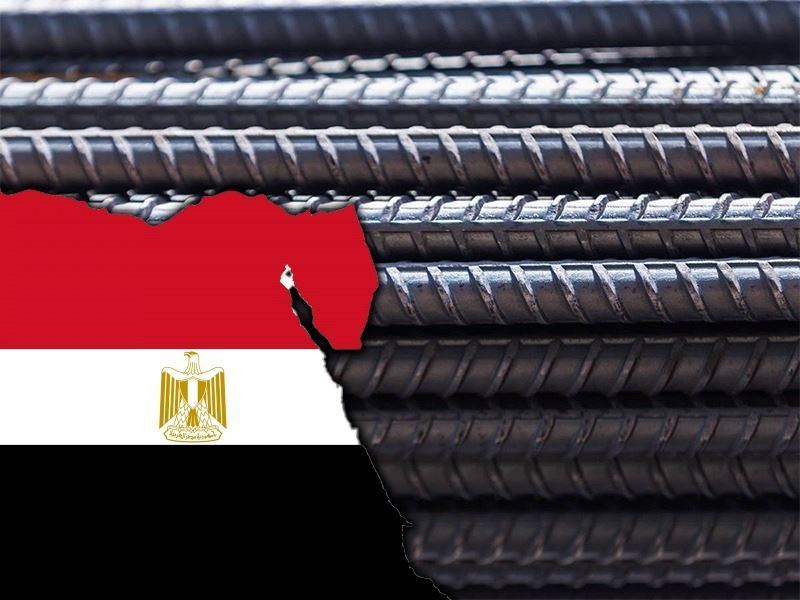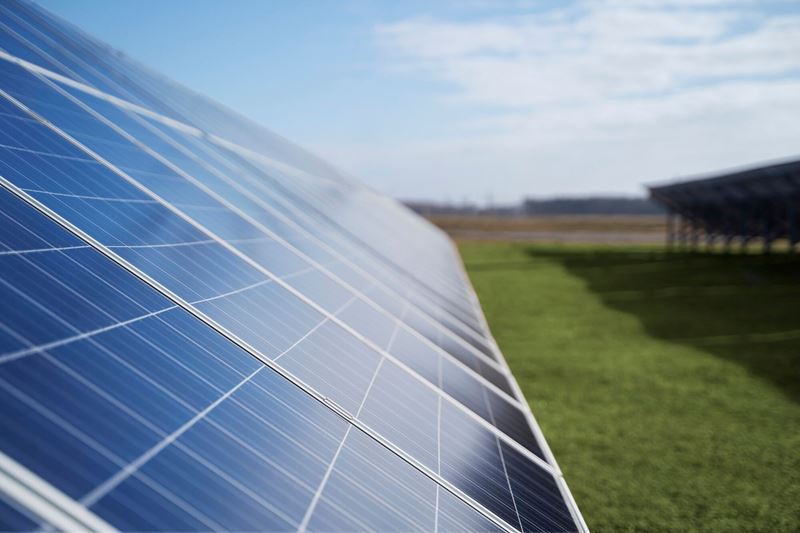The plants in Dettingen, Schmellen, Schwebisch-Gmünd and Bemkirch will be merged into a single network in order to combine the specialities of each more efficiently. However, the closure of the plant in Birkenfeld will mean the loss of 220 jobs. With these changes, the company plans to continue to employ around 2,000 people in Germany and strengthen its position in the automotive components market.
The reorganisation is being carried out in response to the economic recession and the transformation process in the automotive industry, with the aim of ensuring Voestalpine's long-term sustainability. Although the plant in Birkenfeld produces steel and aluminium components, it is reported to have been loss-making in recent years. At the Dettingen plant, one third of the total number of employees is to be laid off, with the focus on complex component assembly for leading car manufacturers.
Voestalpine is undertaking various initiatives to improve efficiency not only in Germany but also at its other plants in Europe, Asia and South Africa. Especially in the Cartersville plant in the USA, it is stated that various measures have started to be taken to reduce costs.
Stating that Voestalpine remains committed to its automotive components business unit despite the challenges it faces, Karola Richter emphasised that the closure of the Birkenfeld plant is a necessary step to strengthen the long-term prospects of the workforce in Europe. She also stated that these changes serve the purpose of maintaining strategic partnerships with local car manufacturers.
Also noteworthy is Voestalpine's decision to discontinue the production of cam mechanisms and sliding elements at the Camtec plant in Linz. This process is expected to be completed by the end of the business year 2025/2026. This step was taken in the face of increasing energy and labour costs as well as price pressures, particularly in the Asian market.











Comments
No comment yet.